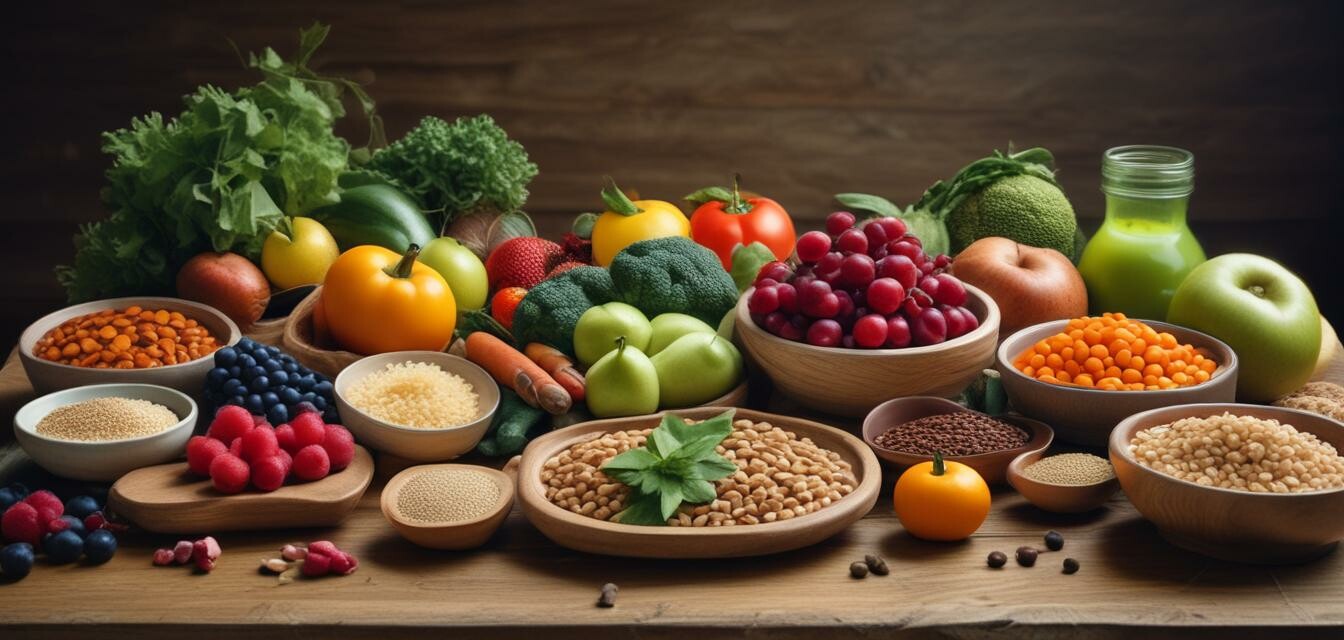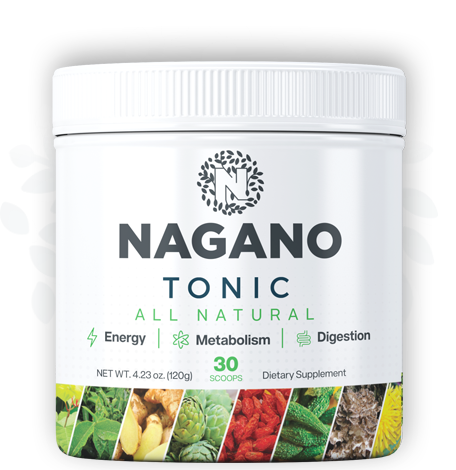
Nutrition Tips for Runners: Boost Your Performance
Key Takeaways
- Focus on a balanced diet rich in carbohydrates, proteins, and healthy fats.
- Hydration is crucial for optimal performance; drink plenty of fluids before, during, and after running.
- Consume pre-run snacks for energy, and post-run meals for recovery.
- Consider your individual nutritional needs based on the intensity and duration of your running.
- Experiment with different foods to find what best supports your running routine.
Nutrition plays a fundamental role in enhancing running performance. As a runner, understanding the complexity of nutrition can help you fuel your body effectively. In this article, we will explore key nutritional strategies that can enhance your running abilities, from pre-run snacks to post-run meals.
The Importance of Nutrition for Runners
The calories and nutrients you provide your body can directly affect your running success. A well-rounded diet not only fuels your runs but also supports recovery and overall health.
Macronutrients for Endurance
| Macronutrient | Function | Sources |
|---|---|---|
| Carbohydrates | Primary source of energy for runs | Whole grains, fruits, vegetables, legumes |
| Proteins | Supports muscle repair and growth | Lean meats, dairy, beans, nuts |
| Fats | Provides long-lasting energy, especially in longer runs | Avocados, nuts, seeds, olive oil |
Pre-Run Nutrition
Eating the right foods before you run is essential. It can help enhance your performance and reduce fatigue.
What to Eat before Running
- Choose easily digestible carbohydrates.
- Consume your pre-run meal 1 to 3 hours before your run.
- Avoid high-fat and high-fiber foods that may cause digestive issues.
- Consider a small snack if you're running in the morning and don't want a full meal.
Examples of Pre-Run Snacks
- Banana with almond butter
- Toast with honey
- Oatmeal with a scoop of protein powder
- Greek yogurt with berries
Hydration: The Key to Performance
Staying hydrated is critical for all runners. Hydration affects endurance and overall health.
How Much to Drink
- Drink water regularly throughout the day.
- Consider sports drinks during long runs for electrolyte replenishment.
- Pay attention to your body's signals of dehydration, such as thirst and darker urine.
Post-Run Nutrition
Post-run meals help replenish energy stores and aid in recovery. It's crucial to consume the right foods after your runs.
What to Eat after Running
- Include a mix of carbohydrates and proteins.
- Consume your meal within 30 to 60 minutes of finishing your run.
- Focus on whole foods for optimal recovery.
Examples of Post-Run Meals
- Grilled chicken with quinoa and vegetables
- Protein smoothie with spinach, banana, and protein powder
- Brown rice with black beans and avocado
- Cottage cheese with fruit and seeds
Tips for Finding Your Optimal Nutrition
Beginners Section
- Start by keeping a food diary to track what you eat and how it impacts your runs.
- It’s important to experiment with different foods to see what works best for you.
- Consult with a nutritionist to get personalized advice tailored to your individual needs.
- Join a local running group to exchange nutrition tips and experiences with other runners.
Common Nutritional Mistakes to Avoid
As you refine your nutrition habits, be mindful of some common pitfalls that many runners face:
- Neglecting hydration, especially on warm days or during longer runs.
- Skipping meals, particularly breakfast, which is vital for energy.
- Overeating after runs, which can lead to unwanted weight gain.
- Ignoring the effects of different foods on your performance.
Conclusion
Nutrition is a powerful tool for runners looking to improve their performance. By focusing on the right balance of macronutrients and timing your meals effectively, you can unlock your true running potential. Experiment with different foods to discover what works best for your body, and don’t forget to stay hydrated.
For more detailed insights on running gear and advice, explore our Running Apparel and Buying Guides.
Pros
- Improves overall running performance
- Enhances recovery time
- Supports muscle development
- Helps in maintaining hydration
Cons
- Can require planning and preparation
- May involve trial and error to find the best foods
- Potential for digestive issues with poor food choices
